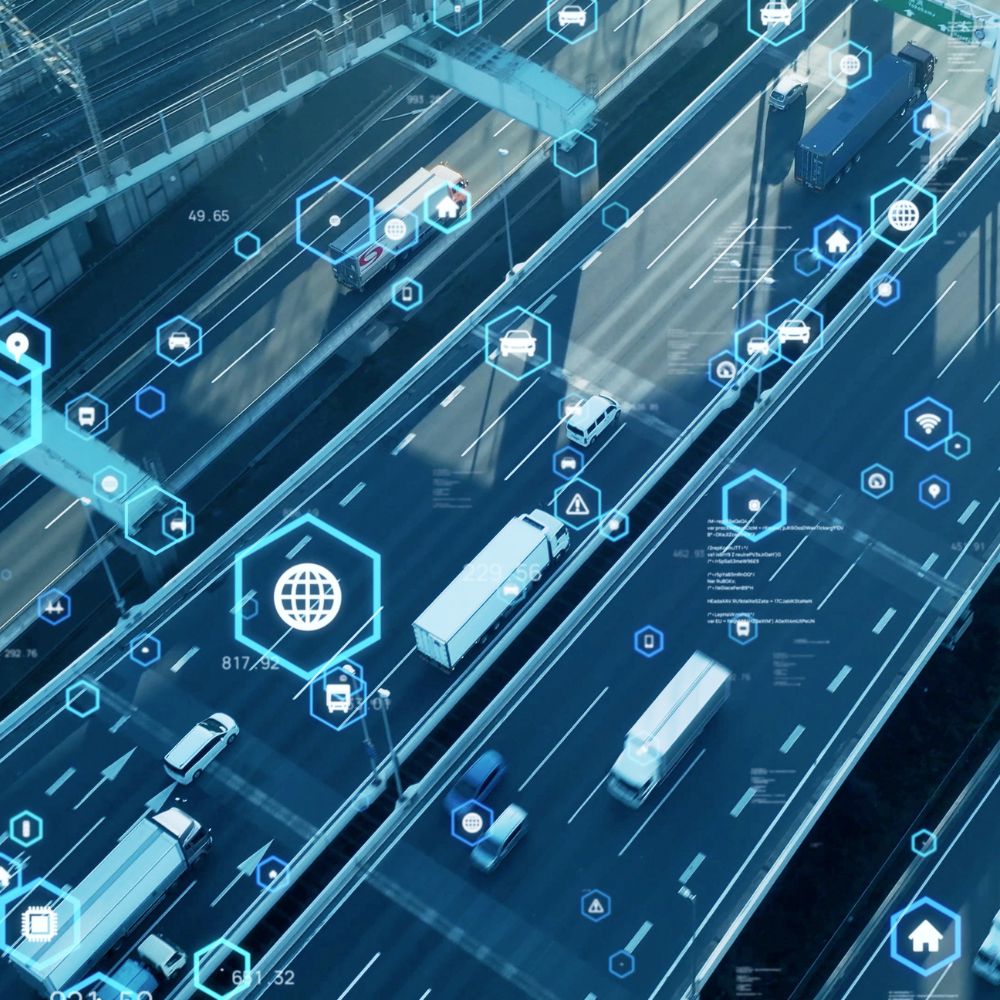Understanding the Complexities of AI and RPA Deployment in Logistics
2024-03-27 19:01:17

In the realm of logistics, where efficiency and accuracy reign supreme, the integration of cutting-edge technologies has become indispensable. Among these, Artificial Intelligence (AI) and Robotic Process Automation (RPA) stand out as transformative forces reshaping how businesses manage their supply chains and operations. However, while the potential benefits are vast, so too are the complexities involved in deploying these technologies effectively.
The Rise of AI and RPA in Logistics
Over the past decade, the logistics industry has witnessed a significant shift towards automation driven by AI and RPA. These technologies offer the promise of streamlining processes, optimising routes, reducing costs, and enhancing overall performance. AI algorithms can analyse vast amounts of data to forecast demand, optimise inventory levels, and predict potential disruptions. Meanwhile, RPA tools can automate repetitive tasks such as data entry, invoicing, and order processing, freeing up human resources for more strategic endeavours.
Challenges in Implementation
Despite the potential benefits, deploying AI and RPA in logistics is not without its challenges. One of the primary hurdles is data integration. Logistics operations generate immense volumes of data from various sources such as sensors, GPS systems, and enterprise software. Consolidating and harmonising this data to feed into AI algorithms can be a daunting task, requiring robust data infrastructure and integration capabilities.
Moreover, the complexity of logistics networks poses a challenge for AI and RPA systems. Supply chains often span multiple regions, involve numerous stakeholders, and encounter diverse regulatory environments. Designing algorithms and workflows that can adapt to these complexities while maintaining reliability and efficiency is a significant technical challenge.
Addressing the Human Factor
Another critical aspect often overlooked is the human element. While AI and RPA can automate many tasks, human oversight and intervention remain essential, especially in handling exceptions and unforeseen circumstances. Moreover, integrating these technologies into existing workflows requires change management and upskilling of personnel. Ensuring that employees understand the value proposition of AI and RPA and are equipped with the necessary skills to collaborate effectively with these technologies is crucial for successful deployment.
Regulatory and Ethical Considerations
In addition to technical and organisational challenges, logistics companies must navigate regulatory and ethical considerations when deploying AI and RPA. Data privacy regulations such as GDPR impose stringent requirements on the collection, storage, and processing of personal data, necessitating robust security measures and compliance frameworks.
Ethical concerns also come into play, particularly regarding the use of AI in decision-making processes. Bias in algorithms, unintended consequences, and potential job displacement are among the ethical dilemmas that require careful consideration. Transparency, accountability, and responsible use of AI are paramount to building trust with customers, regulators, and society at large.
The Path Forward
Despite the complexities, the benefits of AI and RPA deployment in logistics are too compelling to ignore. To navigate these complexities successfully, logistics companies must adopt a holistic approach that encompasses technology, processes, and people.
Investing in robust data infrastructure and integration capabilities lays the foundation for leveraging AI and RPA effectively. Collaboration with technology partners and domain experts can help develop tailored solutions that address the unique challenges of logistics operations.
Furthermore, fostering a culture of innovation and continuous learning is essential for embracing technological advancements and driving organisational change. Providing employees with the necessary training and support to adapt to new technologies will be critical in realising the full potential of AI and RPA in logistics.
Conclusion
While the journey towards AI and RPA-enabled logistics may be fraught with challenges, the rewards are well worth the effort. By understanding the complexities involved and taking a strategic and proactive approach, logistics companies can position themselves for success in the digital age.


